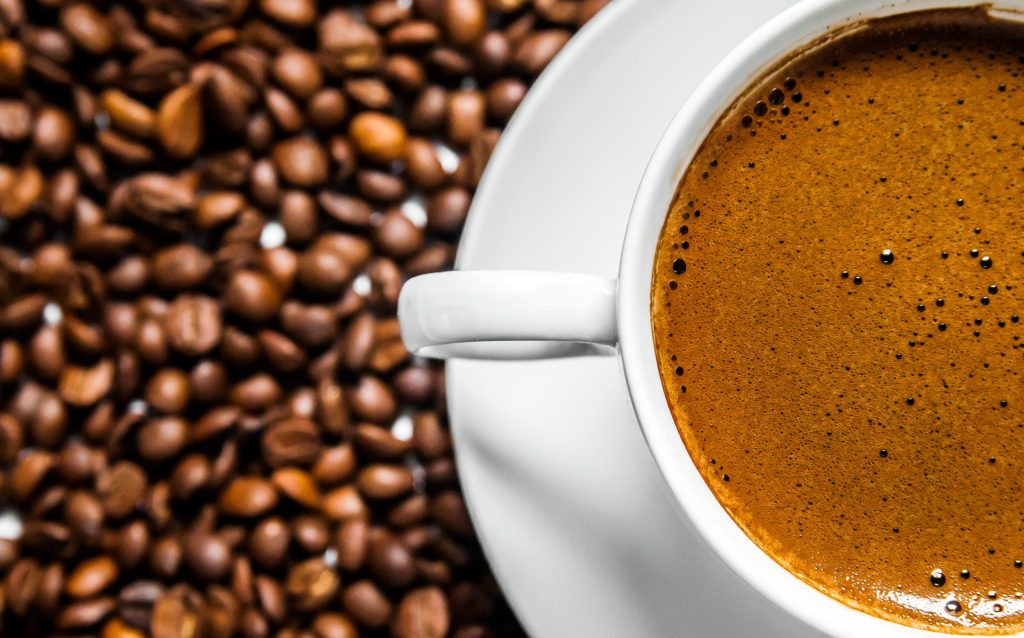World Espresso Day
Every year on November 23rd, the world celebrates Espresso Day, a moment dedicated to honoring one of the most emblematic ways of enjoying coffee. That small, intense, aromatic shot has become far more than a quick preparation: it embodies a ritual, a tradition, and a culture that has shaped cafés, barista competitions, and social gatherings across the globe. Born in Italy in the early 20th century thanks to the development of pressure-based extraction machines, the espresso quickly evolved from a technological innovation into a daily gesture of craft, precision, and deep sensory pleasure.
Although its volume is small, the impact of coffee on health has been widely studied, and scientific evidence suggests that moderate coffee consumption may be associated with several positive effects. Large reviews and meta-analyses have found a non-linear relationship between coffee intake and overall mortality, showing that drinking between one and five cups a day is linked with a reduced risk of death from any cause. Research focusing on cardiovascular health has also reported a lower risk of mortality from heart disease or stroke among people who consume coffee in moderation. In populations with type 2 diabetes, additional studies have shown that coffee drinkers have a reduced risk of death from any cause and from cardiovascular diseases, with some analyses estimating meaningful reductions at around four cups per day. In Mediterranean cohorts, moderate consumption has also been associated with a significantly lower risk of death from all causes and even from cancer when compared with non-coffee drinkers.
Coffee’s potential benefits extend beyond mortality. Some studies suggest a lower risk of cognitive decline in certain groups of habitual coffee drinkers. However, most available evidence is observational, which means it cannot fully prove causality. Genetic studies examining caffeine metabolism also show mixed results, indicating that many of coffee’s potential benefits may be linked to components other than caffeine.
In previous editions, this newspaper has already highlighted another key dimension of coffee consumption: timing matters. Earlier articles pointed out that the hour at which coffee is consumed can influence its physiological effects, from cortisol rhythms and metabolic response to sleep quality. These analyses emphasized that drinking coffee at the right time of day may enhance its benefits and reduce unwanted effects—an idea that further enriches our understanding of this universally loved beverage.
So when you raise your cup of espresso to celebrate this day, it is worth savoring it slowly—appreciating its concentration, aroma, and texture—and remembering that beyond the immediate pleasure, it may also contribute positively to your health when enjoyed in moderation and at the right moment of the day.
Editor of Daily 27.
Predoctoral researcher at the Department of Sociology in University of Barcelona.


